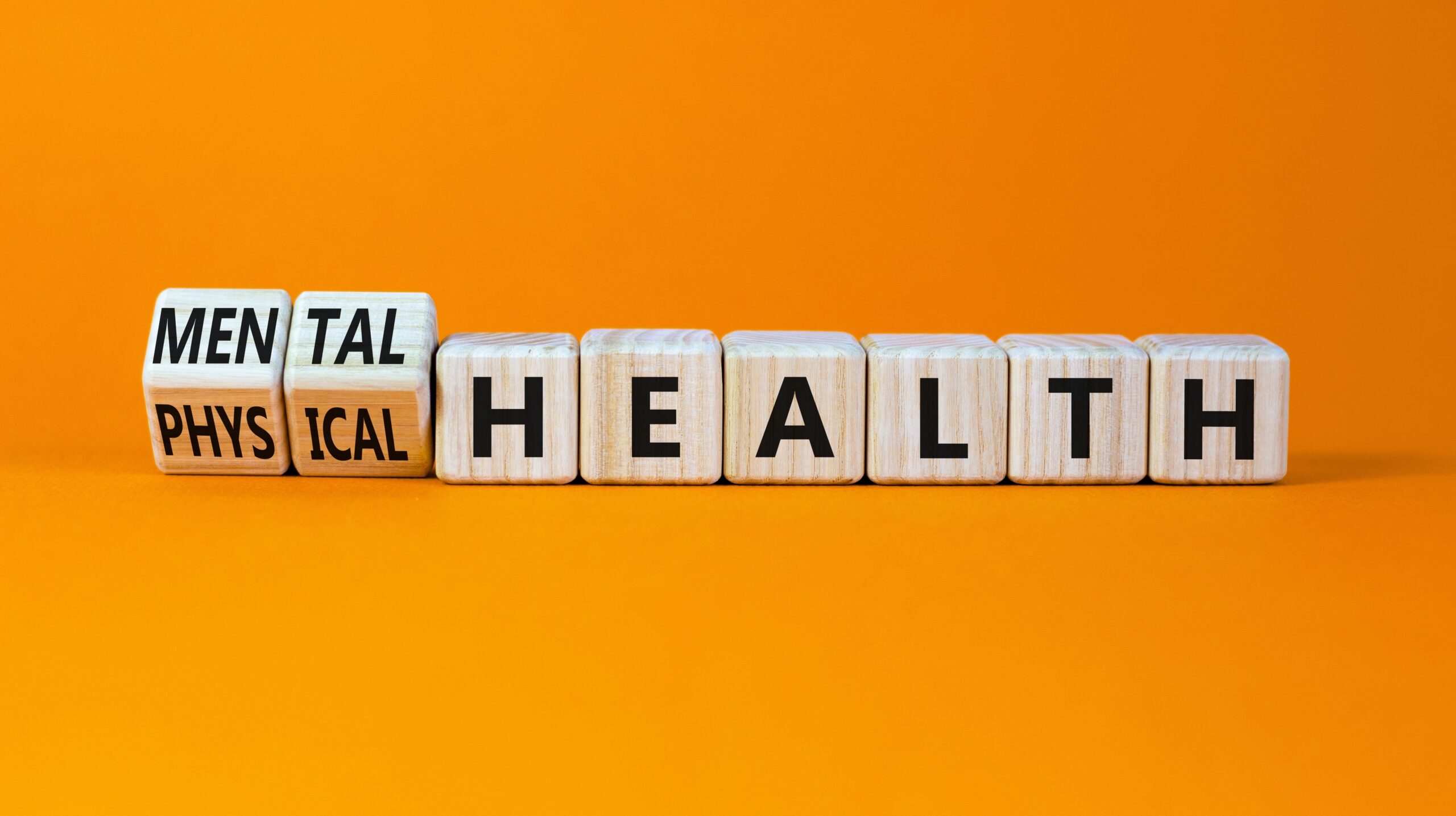The thought of dieting can be stressful. Whether it’s having to give up your favorite foods, the prospect of eating salads all the time, or cutting your portion sizes down to the point where you’re always hungry, dieting is as much of a mental exercise as it is a physical one.
Fortunately, there are some tricks that may seem small but can add up to big changes, and it doesn’t involve you having to make drastic changes.
Kingston Center for Rehabilitation and Nursing has a look at five of these weight-loss hacks to help you in your wellness journey.
- Avoid “Health Halos”
Just because something is organic or comes from a health-food store doesn’t mean it’s actually healthy. One study asked people how many calories they thought a sandwich was from a restaurant that markets itself as healthy, and they found respondents thought the sandwich contained 35% fewer calories than a similar sandwich from a typical restaurant, when in reality, the numbers were much closer. Same goes for grocery products that are marketed as healthy. You’ll still want to check labels when you shop, and most restaurants will be able to give you the amount of calories a certain dish contains.
- Abide By the Half-Plate Rule
The half-plate rule states to fill half your plate at lunch and dinner with vegetables. And—this is key—eat that first. Studies found that this causes people to consume fewer calories overall while still feeling full.
- Keep Extra Food Off the Table
If you keep food in pots on the stove or in containers on the counter, you’re less likely to overeat or go for seconds as compared to the serving bowls being placed right on the table.
- Make Sure Your Salmon Is Wild-Caught
Before you go make what you think is a healthy choice at a restaurant by ordering salmon, find out if it’s wild-caught first. Farmed salmon has an average of over 100 more calories in a serving and around twice as much fat. It’s also higher in saturated fat and doesn’t contain as many omega-3 fatty acids that are great for heart health.
- Eat More Often
That piece of advice doesn’t make sense on its own, but having smaller meals more often can lead to you consuming fewer calories overall. People who don’t eat much during the day also tend to overcompensate for it at night, which is a bad time to overeat because your body’s metabolism is slowing down for the day. Many European cultures have lunch as the biggest meal of their day and then enjoy a light dinner for this very reason.
To learn more about Oak Hill Center for Rehabilitation and Nursing and all of the services they offer, visit http://oak-hill-center.facilities.centershealthcare.org/.






